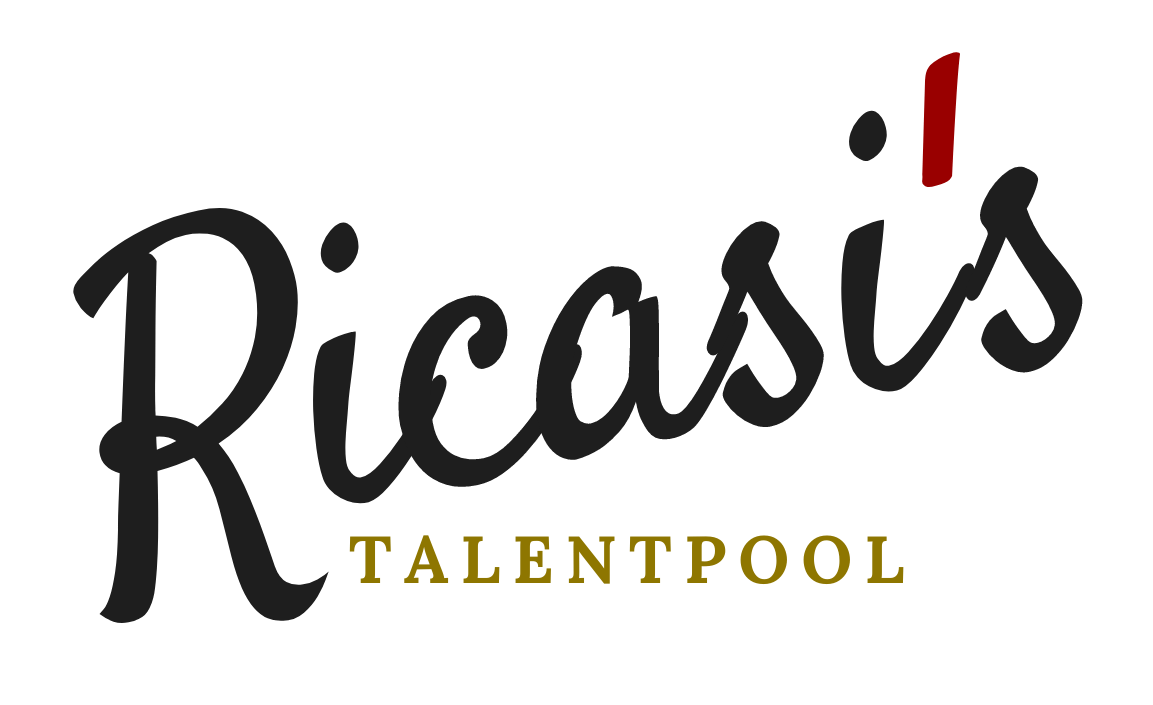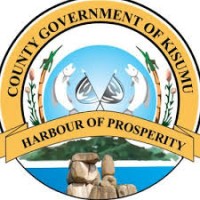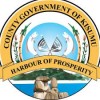About us
MISSION
To transform the livelihood of the people of Kisumu county on a foundation of integrity through accountable, efficient and effective leadership that invokes participation and pursuit of quality services, for a prosperous county that is a harbor of excellence
VISION
A prosperous and dynamic county that is a harbor of excellence
Kisumu, which literally means a place of barter trade “sumo” and officially known as Kisumu City, is the Kenyan inland port city on Lake Victoria and the capital city of Kisumu County, Kenya.
It is the third largest city in Kenya after the capital, Nairobi, and the coastal city of Mombasa. Kisumu is the principal city of western Kenya, the immediate former capital of Nyanza Province, the headquarters of Kisumu County and the proposed headquarters of the Lake Region Economic Block, which is a conglomeration of 15 counties in Western Kenya.
HISTORY
Kisumu was ideally located on the shores of Lake Victoria at the cusp of the Winam Gulf, at the end of the caravan trail from Pemba, Mombasa, Malindi and had the potential for connection to the whole of the Lake region by steamers. In July 1899, the first skeleton plan for Kisumu was prepared. This included landing places and wharves along the northern lake shore, near the present-day Airport Road. Demarcations for Government buildings and retail shops were also included in the plan.
Another plan was later prepared in May 1900, when plots were allocated to a few European firms as well as to Indian traders who had travelled to Kisumu on contracts to build the Uganda Railway and had decided to settle at the expanding terminus. The plan included a flying boat jetty (now used by the Fisheries Department). In October 1900, the 62-ton ship SS William Mackinnon was reassembled and registered in Kisumu, and made its maiden voyage to Entebbe, marking the beginning of the Lake Marine Services. The SS Winifred (1901) and the SS Sybil (1901) were later added to the fleet in 1902 and 1904, respectively. On Friday, 20 December 1901, the railway line reached the Kisumu pier, with the centre adopting a new name, Port Florence.
By February, the railway line had been opened for goods and passenger transportation. Kisumu was also privileged to host the first flight in East and Central Africa; the current police workshop was the first hangar in Kenya and entire East Africa. Before the jet airline era, the city was a landing point on the British flying boat passenger and mail route from Southampton to Cape Town. Kisumu also linked Port Bell to Nairobi.
In 1903, the township boundaries were gazetted and some 12,000 acres, including water, set aside for its development. The new township reverted to its original name, Kisumu, in substitution of Port Florence. At this time, there was an ‘Old Kisumu’, that consisted of two rows of Stalls (Dukas) on Mumias Road, north of the Gulf. It was later demolished in the twenties when new plots became available on Odera and Ogada Streets in the present day Kisumu, hence the new area acquired the name ‘New Bazaar’.
By the 1930s and 40s, the city had become a leading East African centre for Commerce, Administrative and Military installations. In the 1960s the population of Asians in relation to locals was significantly higher. The town was elevated to the status of a Municipal Board in 1940 and later to a Municipal Council in 1960.
The city’s growth and prosperity slowed down temporarily in 1977, as a result of the collapse of the East African Community. However, the city spurred with the reformation of the community in 1996 and with its designation as a “city.” The port has been stimulated by the transformation of international business and trade, as well as the shipments of goods destined for Uganda, Tanzania, Burundi, Rwanda and Democratic Republic of Congo.
Currently, Kisumu is one of the fastest growing cities in Kenya. It is thriving with rich sugar and rice irrigation industries, whose contribution to the National economy is immense due to its natural resources and as the epicentre for business in East Africa.


